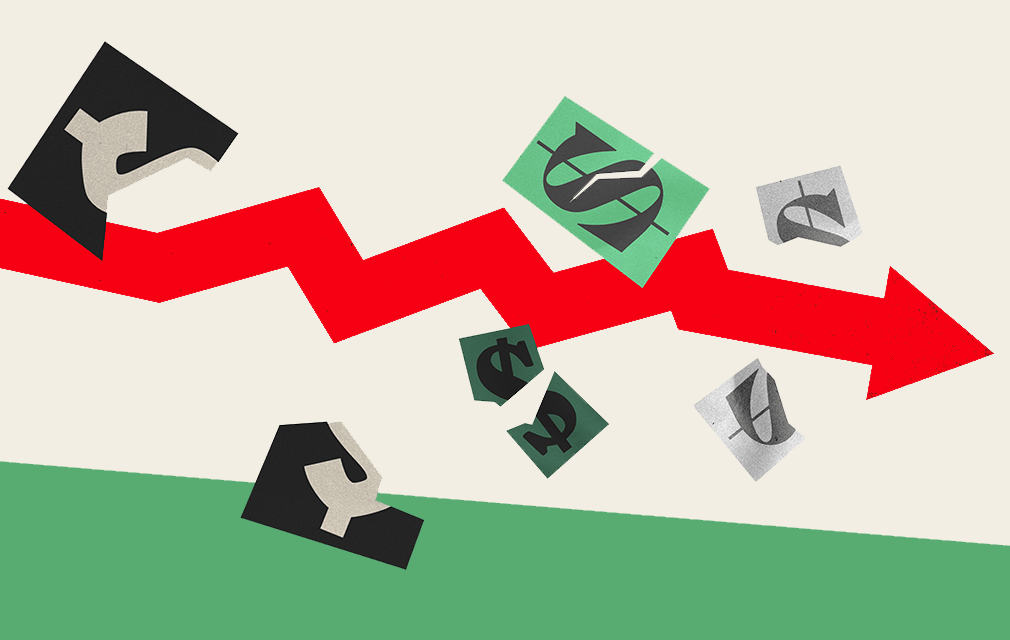Legal marijuana sales in California have fallen sharply over the last three years, coming in at just over $1.2 billion for the first three months of 2024, according to state data.
That’s the weakest three-month sales period for licensed cannabis companies since the second quarter of 2020, when legal sales reached $1.1 billion for the first time, according to the California Department of Tax and Fee Administration (CDTFA). It’s also down from a peak of $1.5 billion in the second quarter of 2021.
That was enough for Los Angeles-based consultant Hirsh Jain to warn that the legal market could be on the brink of collapse.
“There’s no denying that the legal market in California is on the verge of collapse,” Jain warned. “The reason I use that phrase very intentionally is, sometimes, there’s an effort from regulators and others to suggest that things are more rosy than they are.”
Jain pointed to the “objective data” showing the worst performance for the state-legal industry in nearly four years. “That is really astonishing,” he continued. “Objectively, we have data that shows the California market is in decline.”
That is also a reason for marijuana businesses to be alarmed at a potential excise tax hike that could move the current rate of 15% up to 19% in the near future. That increase, which could go into effect next summer, was part of a tax reform deal approved by the legislature in 2022.
That deal eliminated the state marijuana cultivation tax and temporarily froze the 15% excise tax rate. But come July 2025, under the terms of Assembly Bill 195, the CDTFA will be required to “adjust” the excise tax rate every two years to “generate an amount of revenue equivalent to what would have been collected from the cultivation tax,” according to a bill analysis from the legislature.
In Jain’s reading of the bill, that means the tax hike will be mandatory, because the CDTFA will be forced to make up for a tax revenue shortfall if annual cannabis tax collections fall below $670 million. If the latest quarter’s numbers are foreshadowing what the state can expect for the next 12 months, the excise tax will hit the maximum 19% rate on July 1 next year, Jain said.
That’ll likely exacerbate contraction in the market and force even more companies out of the legal cannabis trade, Jain said.
“Not only is the market really underperforming, but California continues to make policy decisions that exacerbate the problem,” Jain said.
Given the national development of U.S. state marijuana markets, it’s also now much easier to compare and contrast performances between the various state systems. Remarkably, California could lose its spot as America’s number one marijuana seller to Michigan if market conditions don’t improve, Jain noted.
“Michigan is (generated almost) $290 million in sales in March. That means they’re now operating at a $3.5 billion run rate,” Jain said. Compare that to California’s roughly $4 billion legal cannabis market, based on the latest sales numbers.
“It is incredible that California, despite having 40 million people to Michigan’s 10 million, is in danger of being overtaken by Michigan’s legal market,” Jain said.

 California Cannabis Updates1 year ago
California Cannabis Updates1 year ago
 Breaking News1 year ago
Breaking News1 year ago
 best list1 year ago
best list1 year ago
 Business1 year ago
Business1 year ago
 Business1 year ago
Business1 year ago
 cbd1 year ago
cbd1 year ago
 Bay Smokes1 year ago
Bay Smokes1 year ago
 autoflower seeds1 year ago
autoflower seeds1 year ago














































